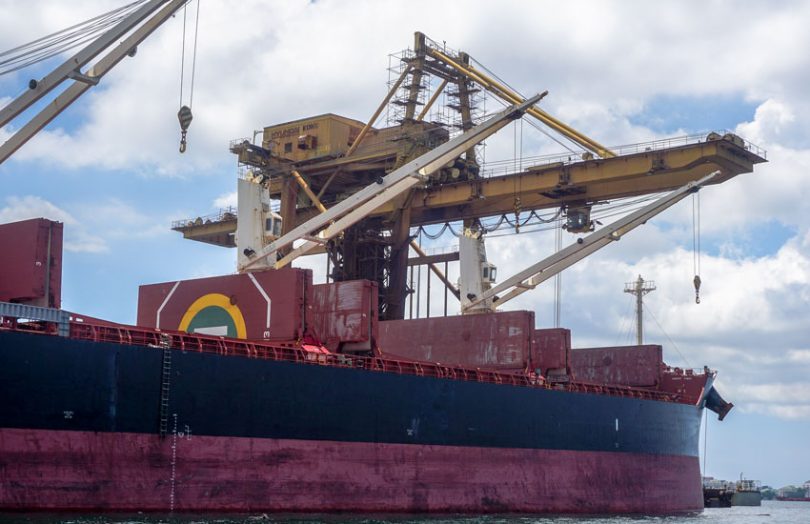On Wednesday it was announced that the Voltron Letter of Credit platform was used for an end-to-end paperless transaction from sale to bill of lading. The shipment was for iron ore from Rio Tinto to Cargill with HSBC and BNP Paribas involved in the Letter of Credit.
Both the sale and bill of lading came from external solutions integrated with Voltron.
The sale was executed on Chinsay’s Intelligent Contract Platform (ICP) so that the digitally signed contracts were issued in a matter of hours. The Voltron platform extracted the details which were used to execute the Letter of Credit within two hours.
All the parties collaborated on the CargoDocs web solution from essDOCS to create, approve and issue the electronic Bill of Lading. The flow of data between CargoDocs and Voltron was automated.
As a result of the integrations, the entire process was electronic.
“This is a significant, industry-defining solution which will evolve the trade process,” said Lee Kirk, Managing Director for Cargill’s Metals business. “From acceptance of key commercial terms through to delivery, the speed achieved from a fully digitalized trade enables us to better meet the needs of our customers across the globe. Innovation is a vital part of the Cargill DNA and we have always been strong supporters of digitalizing the trade process.”
Indeed, Cargill is one of the founders of the ABCCD consortium focused on digitizing agribusiness trade.
For essDOCS, this wasn’t the first blockchain trade finance integration. CargoDocs is also integrated with the blockchain platform from startup dltledgers that has processed more than $1 billion in trade finance.
Voltron, which uses R3’s Corda technology and is developed by Hong Kong-based CryptoBLK, is ramping up for its commercial launch. Last week two pilot transactions were executed, one by Standard Chartered and the other by HSBC.
The eight founding Voltron members are Bangkok Bank, BNP Paribas, CTBC Holding, HSBC, ING, NatWest, SEB and Standard Chartered.






